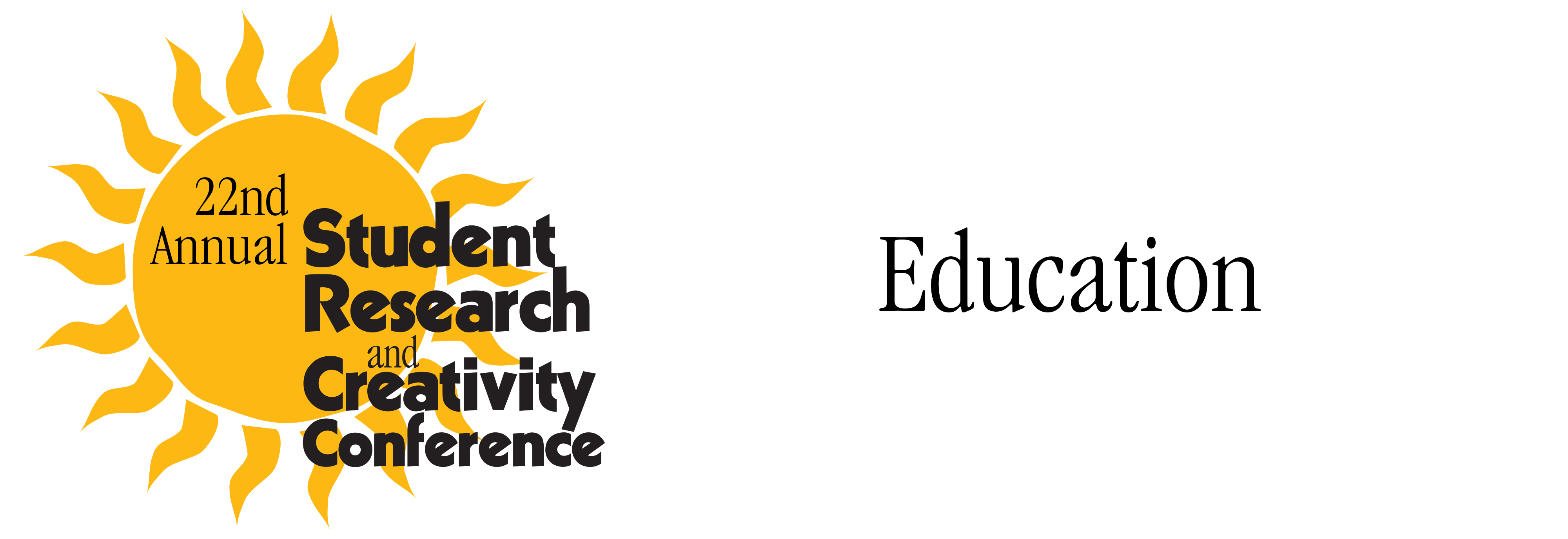
Files
Download Full Text (589 KB)
Description
Kelly Glowny, EDU 380: IPDS Italy
Faculty Mentor: Professor Pixita del Prado Hill, Elementary Education, Literacy, and Educational Leadership
Research suggests that recess has positive effects on students cognitively, physically, socially, and emotionally, by providing relief from academic challenges presented by school (Ramstetter, Murray, & Garner, 2010). This project compares recess in elementary schools in Buffalo, New York, Santiago, Chile, and Torremaggiore, Italy by examining what cultural factors contribute to differences in recess requirements, how students and teachers are impacted, and what these differences look like in schools locally and internationally. First, I recruited a classroom teacher locally with ties to the Buffalo State PDS Consortium who allowed me to conduct research in their classroom. In June 2019 and January 2020 I traveled to Santiago, Chile and Torremaggiore, Italy, respectively, where I recruited classroom teachers affiliated with partner universities of Buffalo State and the Buffalo State International PDS Consortium. Data was collected using classroom observations, surveys, and interviews. In the local elementary school, I saw no time to very limited time for recess. In Chile, I saw multiple times where children and teachers engaged in free time throughout the school day. In Italy, students attend school five hours a day for six days a week, which allows for unstructured time to relax or spend time with family or peers. I concluded that students in Chile and Italy are able to pay attention in class and retain information more than students in the U.S. because they have more time to decompress and spend time developing social skills.
Publication Date
2020
Disciplines
Education
Recommended Citation
Glowny, Kelly, "Recess in Schools in the United States, Chile, and Italy" (2020). Education. 22nd Annual Student Research and Creativity Conference. SUNY Buffalo State.
https://digitalcommons.buffalostate.edu/srcc-sp20-edu/7



